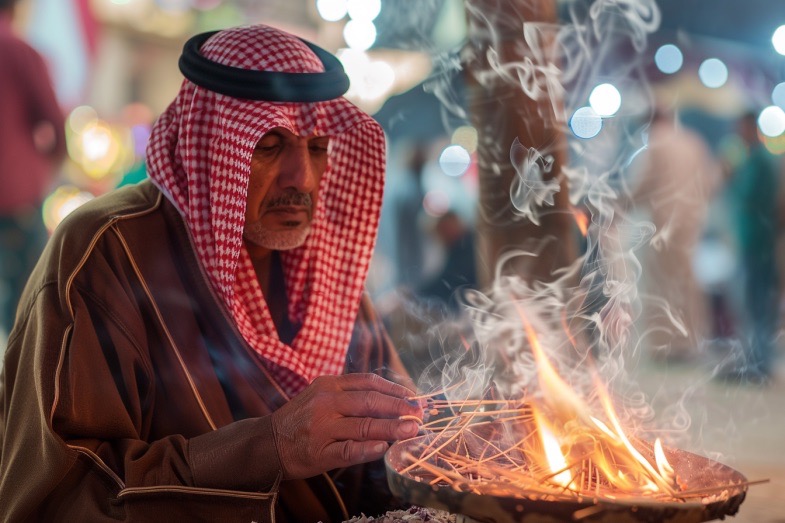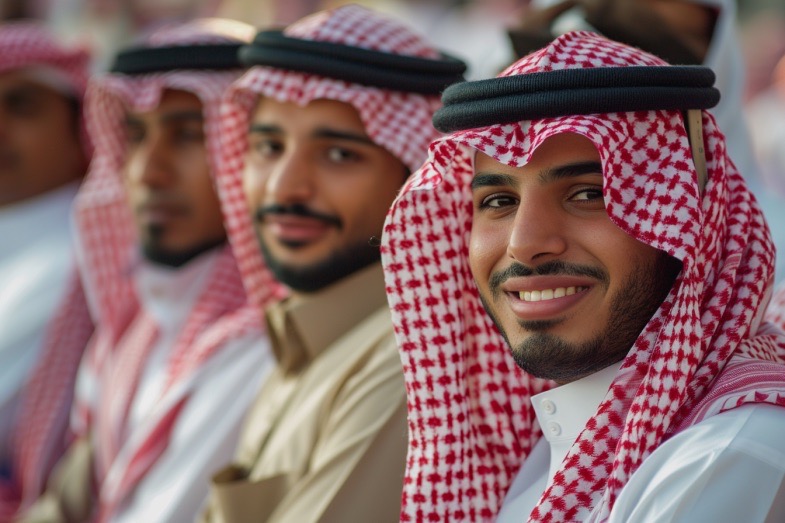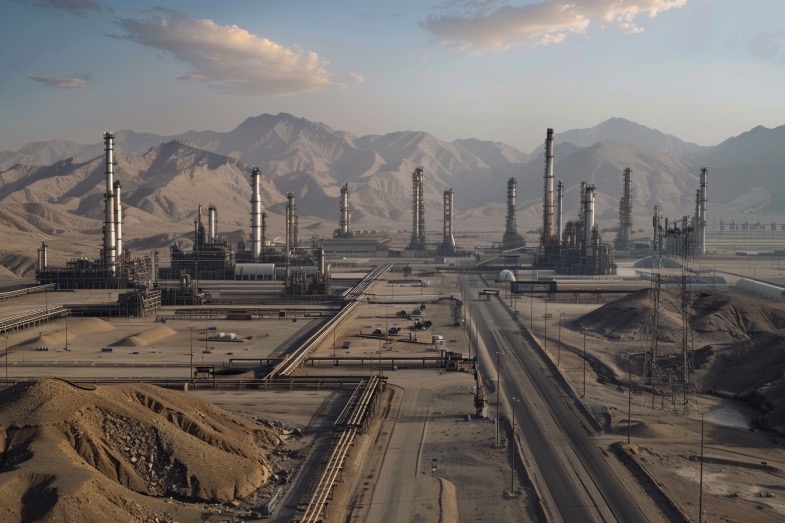Nepal Lifts Social Media Ban After Violent Protests
In a dramatic turn of events, Nepal has finally lifted its social media ban after a series of violent clashes between protesters and police resulted in the deaths of at least 19 people.
Thousands of impassioned young individuals stormed the parliament building in Kathmandu, demanding the government to revoke its restrictions on 26 social media platforms, including popular sites like Facebook and YouTube. They also called for a crackdown on corruption within the government.
The decision to lift the ban came after an urgent cabinet meeting held late on Monday to address the demands of the younger generation, as stated by Communications and Information Minister Prithvi Subba Gurung.
During the protests, which extended beyond the capital to other towns, over 100 people sustained injuries. Social media plays a crucial role in the lives of millions of Nepali citizens, serving as a source of entertainment, news, and business opportunities.
While the government had initially justified the ban as a measure to combat fake news, hate speech, and online scams, the protesters saw it as a blatant display of authoritarianism. Many carried placards bearing messages like “enough is enough” and “end to corruption”.
Some demonstrators even resorted to throwing stones at Prime Minister KP Sharma Oli’s residence in Damak, illustrating their frustration with the current state of affairs. One protester, Sabana Budathoki, emphasized that the social media ban was just the tipping point of their discontent.
“Our primary focus is on eradicating corruption and reclaiming our nation,” she declared. The ongoing “nepo kid” campaign, which sheds light on the extravagant lifestyles of politicians’ offspring funded by ill-gotten gains, has gained traction on Nepali social media platforms in recent weeks. — BBC



